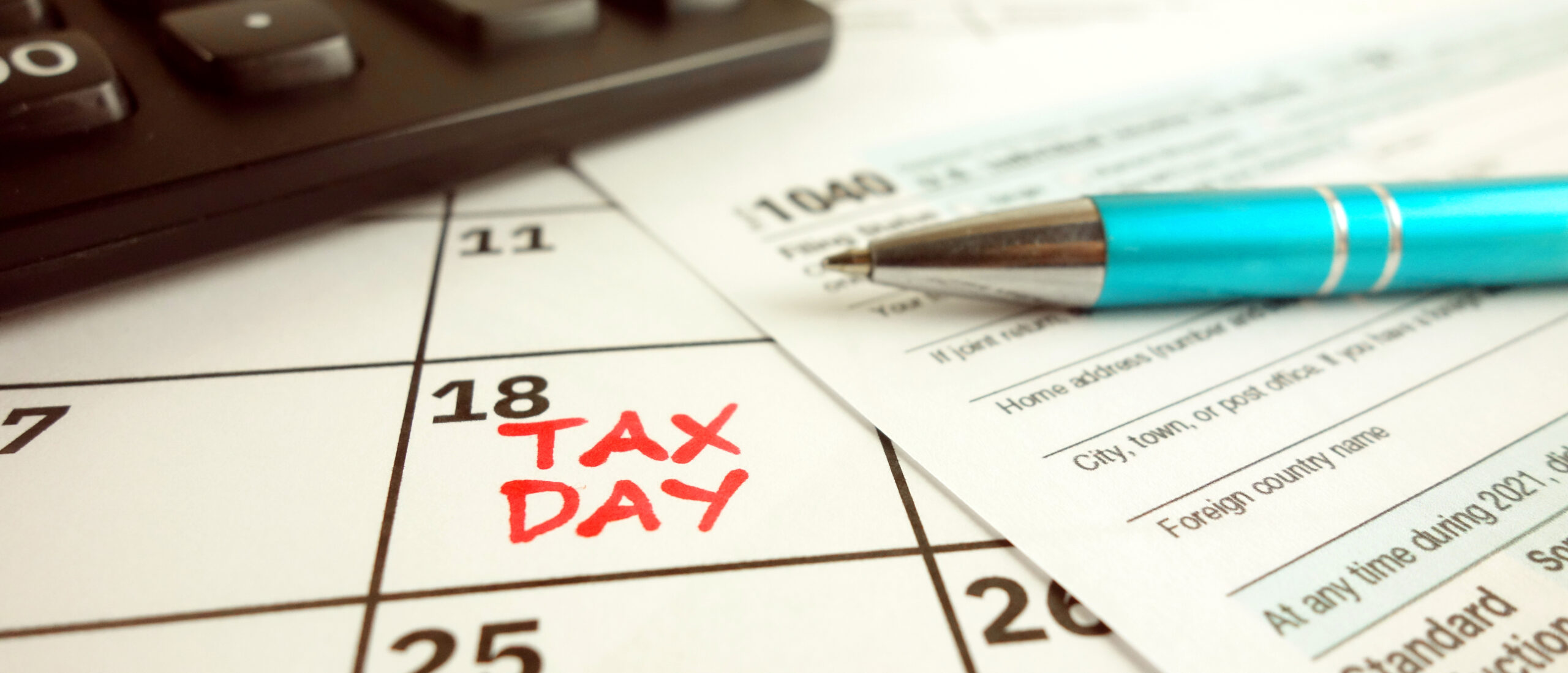
Ever wondered why April 15th is marked on so many calendars across the United States? Tax Day might not be everyone’s favorite time of year, but it’s undeniably pivotal. This day has a rich history and a slew of intriguing facts that go beyond just crunching numbers and filing paperwork. Why, you ask, does this date hold such significance, and what makes it more than just a deadline for submitting tax returns? Well, you’re in for a treat! From its historical roots to surprising tidbits, Tax Day is packed with more than meets the eye. Ready to get the lowdown on this critical date? Let’s dive into the eight most fascinating facts about Tax Day that will surely give you a new perspective on this annual event.
Key Takeaways:
- Tax Day, on April 15th, is the deadline for filing tax returns in the US. You can get an extension, but you still need to estimate and pay any owed taxes by the original deadline.
- Electronic filing is the most popular way to submit tax returns. It’s faster, safer, and can lead to quicker refunds. Plus, Tax Day can inspire businesses to offer special deals and freebies!
What is Tax Day?
Tax Day refers to the deadline set by the Internal Revenue Service (IRS) for individuals to file their annual tax returns in the United States. Typically, this date falls on April 15th. If the 15th falls on a weekend or a holiday, the deadline is pushed to the next business day. This day marks the end of the tax season, when taxpayers must have their filings submitted or request an extension.
Why April 15th?
- The choice of April 15th as Tax Day has historical roots. Initially, when the 16th Amendment was ratified in 1913, introducing the income tax, March 1st was the original deadline. This date was chosen to give taxpayers approximately one year after the amendment’s ratification to prepare. However, in 1955, the deadline was moved to April 15th. This change provided taxpayers with additional time to gather their financial information and also allowed the IRS to spread out the work of processing returns over a longer period.
Tax Day Extensions
- Taxpayers who cannot meet the April 15th deadline have the option to file for an extension. This extension gives individuals until October 15th to file their tax returns. However, it’s crucial to note that the extension applies only to the filing of the return, not to any tax payments owed. Taxpayers are expected to estimate and pay any owed taxes by the original April 15th deadline to avoid penalties and interest.
Electronic Filing
- With advancements in technology, electronic filing (e-filing) has become the most popular way to submit tax returns. E-filing is faster, safer, and more accurate than paper filing. The IRS encourages taxpayers to file electronically and, as of recent years, has seen a significant increase in e-filed returns.
Penalties for Late Filing
- Failing to file a tax return by Tax Day or the extended deadline can result in penalties. The IRS imposes a failure-to-file penalty, calculated based on the time past the deadline and the amount of unpaid taxes. To avoid these penalties, taxpayers are advised to file on time or request an extension.
Refunds
- For many, Tax Day is associated with the anticipation of tax refunds. If a taxpayer has had more tax withheld from their paycheck than they owe, they are eligible for a refund. The IRS typically issues refunds within three weeks of receiving an e-filed return, making e-filing a preferred method for faster refund processing.
Tax Day Protests
- Over the years, Tax Day has also become a day for political protest in the United States. Groups and individuals use this day to express their opinions on tax policies, government spending, and other fiscal issues. These protests can take various forms, from peaceful demonstrations to social media campaigns.
Interesting Tax Day Facts
- In some years, the IRS has had to extend the Tax Day deadline due to significant events or technical issues. For instance, in 2020 and 2021, the deadlines were extended to July and May, respectively, due to the COVID-19 pandemic. Such extensions are rare and usually occur in response to extraordinary circumstances.
- Tax Day has also inspired businesses to offer “Tax Day freebies” and discounts. Restaurants, retailers, and service providers often advertise special deals as a way to relieve the stress of tax season. These promotions can range from free coffee to discounted services, adding a lighter note to the otherwise serious task of filing taxes.
A Final Look at Tax Day
Tax Day, falling on April 15th, marks a significant deadline for millions. It’s not just about crunching numbers or filling out forms; it’s a day steeped in history, with changes and adaptations reflecting broader economic and societal shifts. From its Civil War origins to the modern-day extensions, understanding Tax Day offers insights into governance, civic responsibility, and the ever-evolving landscape of taxation. Whether you’re a taxpayer navigating deadlines or a history buff interested in its origins, Tax Day is more than a date on the calendar. It’s a reminder of the role taxes play in shaping public services and infrastructure. So, as April 15th approaches, remember, it’s not just about settling accounts with the IRS but also appreciating the intricate tapestry of history and policy that Tax Day represents.
Frequently Asked Questions
Was this page helpful?
Our commitment to delivering trustworthy and engaging content is at the heart of what we do. Each fact on our site is contributed by real users like you, bringing a wealth of diverse insights and information. To ensure the highest standards of accuracy and reliability, our dedicated editors meticulously review each submission. This process guarantees that the facts we share are not only fascinating but also credible. Trust in our commitment to quality and authenticity as you explore and learn with us.


